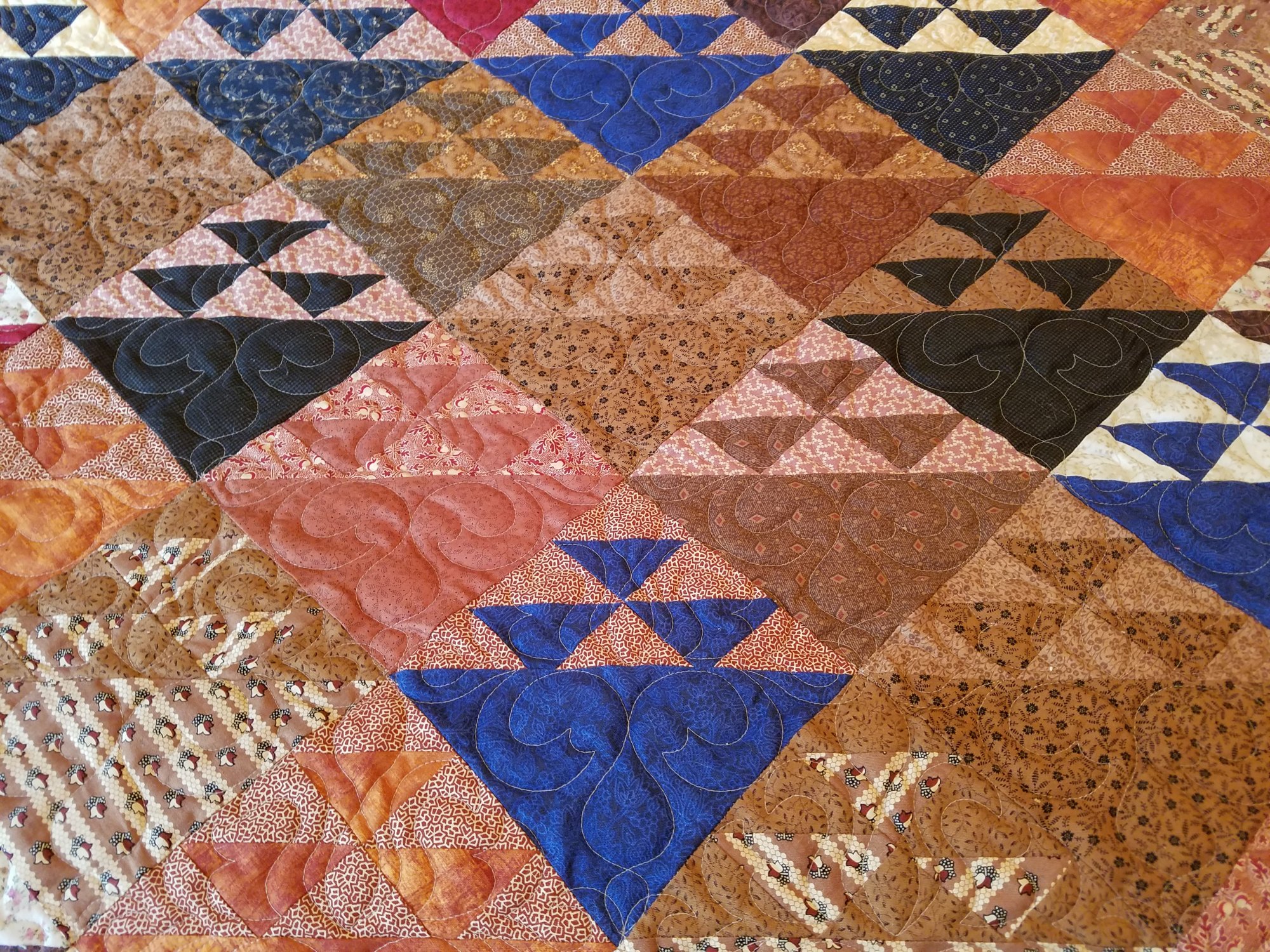Can you hold your landlord accountable for your injuries if you’re renting a home or an apartment and slip and fall on their property, whether inside or outside? The solution is based on how and where you fell. Learn more by reading on.
Slip and Fall Case Negligence.
If your slip and fall claim is going to be successful, there must be carelessness, just as in practically every personal injury case. Liability does not exist if there is no carelessness.
In order to succeed in a slip-and-fall lawsuit, you must be able to demonstrate that the property owner—in this example, your landlord—was careless. It does not automatically follow that your landlord was careless just because you slipped and fell on their property. The slippery situation had to have been brought about (or prevented) by the landlord in some way. Furthermore, just though your landlord’s property could have been in a dangerous state does not always prove that the landlord was careless. You must demonstrate that your landlord knew—or should have known—that the property was dangerous.
Let’s examine a few instances of slips and falls that happened in rental buildings.
Slip & Fall in Your Rental Home or Apartment.
Consider a scenario in which you slip and fall due to a leak in the ceiling of your rental property that is spilling on the floor. It’s important to determine if the landlord should have known about the leak or knew it. Let’s examine both cases.
It is quite doubtful that you could sue the landlord liable for your injuries if, theoretically, the leak began and you failed to alert the landlord. In such a situation, the landlord had no knowledge of the leak and was unable to take reasonable action to rectify it.
The plumbing had to be in a such horrible condition that any reasonable landlord should have known the pipes would leak for there to be any chance that you could hold your landlord accountable for a leak that you didn’t inform him/her about. However, in actuality, a jury would very well decide against the tenant if a rental property was in such a state of neglect on the grounds that they should have known what they were signing up for when renting such an apartment or home.
On the other hand, your landlord would likely be responsible for your injuries if you had told them about the leak and they neglected to repair it, causing you to trip and fall. You must keep in mind, however, that instances involving slips and falls are difficult to win. Juries often believe that people should just check their surroundings. A jury could conclude that you ought to have exercised more caution if you were aware of a leak.
Exterior or Common Areas of Rental Property.
Let’s imagine that while walking from the front entrance to the street, you slid on some ice or snow on the sidewalk. That is undoubtedly your landlord’s property, but was snow removal part of that responsibility? Your lease with the landlord will determine the landlord’s obligations in this case. Since you are renting the home and the owner resides out of state, if the agreement stipulates that you must shovel the snow, the landlord will not be liable. However, if the agreement stipulates that the landlord is responsible for shoveling the snow, the landlord will be held accountable whether or not you inform him of the snowfall.
Another example would be falling down the steps outside your apartment or home. You probably won’t win that case if you fell down the steps after slipping on something strange. The landlord can’t possibly know that there are foreign materials in the common spaces, therefore he or she isn’t there and typically has no need to clean them up. However, a pretty strong case against the landlord would exist if the stairs were in some manner faulty (for example, if they were damaged or in violation of the building code).
Final thoughts
You should document the accident site, your attire, and any injuries you may have suffered as quickly as you can, just as in any slip and fall case. In the unlikely event that you slid on ice or snow, the state of the surfaces may alter in a matter of minutes. Without images documenting the situation as it was at the time of your accident, it may be difficult or impossible to win a slip-and-fall case. In a slip and fall situation, a picture really is worth a thousand words, therefore capture the incident on camera as quickly as you can and contact a Lynnwood Slip and Fall Lawyer.










